@BMWGroup @Airbus #QuantumComputing
Quantum Leaps: Winners of Airbus and BMW Group’s Quantum Computing Challenge Unveiled
Elsa Gobet
AIRBUS
+33 6 72 96 33 43
elsa.gobet@airbus.com
Kristi Tucker
AIRBUS
United States of America
+1 202-961-4798
kristi.tucker@airbus.com
Benedikt Fischer
BMW Group
+49 151 601 66887
benedikt.fischer@bmwgroup.com
Airbus and BMW Group have pushed quantum computing forward another step to leverage its significant potential for future mobility solutions. At Q2B, the companies have unveiled the winners of the Quantum Computing Challenge, an international initiative to identify and mature quantum solutions for the most promising mobility applications.
This press release features multimedia. View the full release here: https://www.businesswire.com/news/home/20241210577479/en/

Today at Q2B Silicon Valley, Airbus and BMW Group unveiled the winners of the Quantum Computing Challenge, an international initiative to identify and mature quantum solutions for the most promising mobility applications. (Photo: Business Wire)
Quantum computing has the potential to impact various industries by speeding up our responses to an array of computational challenges, from optimizing supply chains and manufacturing processes to improving vehicle and aircraft engineering. Quantum-inspired algorithms, already able to run today on classical high-performance computers, can be used to impact the design of the next generation of mobility solutions and give us a glimpse of the significant impact real quantum algorithms could have on future mobility solutions.
“The teams have achieved outstanding progress, and the results of this challenge confirm that quantum technologies have the potential to shape the next generation of aircraft,” said Isabell Gradert, Vice President Central Research and Technology at Airbus. “Quantum technology is no longer confined to only fundamental research. Even if it might still be a long way off, it’s clearly advancing towards industrial applications, and we must collaborate with the best experts in the world so that we can fully leverage its potential as soon as it becomes viable,” she added.
"Quantum technology has the power to redefine innovation across industries. This year’s Airbus and BMW Group Quantum Computing Challenge underscores the importance of cross-industry partnerships in accelerating the journey from groundbreaking research to practical applications," said Robert Bruckmeier, General Manager Computing & Network Artificial Intelligence at BMW Group. "While we are still in the early stages, the progress made in this challenge reaffirms our belief in quantum technology’s potential to drive extraordinary advancements for the automotive industry.”
The results of the challenge will enable both companies to identify the most promising quantum computing applications to improve the way aircraft and cars are designed, manufactured and operated. A winning team was selected for each of five competition categories:
1. Quantum Simulation – The team from the University of Southern California in the U.S. demonstrated that material behavior, such as energy absorption and binding properties, can be better understood by using quantum technologies.
2. Quantum Solvers – The team from the University of Hamburg in Germany showed how quantum computing could be combined with classical computing solutions to solve complex equations to minimize aircraft noise and maximize aerodynamic efficiency.
3. Quantum-powered Logistics – The team from 4colors Research, a start-up from the UK, used quantum computing to minimize CO2 emissions and other costs required in the supply chain logistics process, a particularly complex challenge for the mobility sector.
4. Quantum Machine Learning – The team from Quandela, a start-up from France, explored whether quantum computing can enhance critical scenario generation, such as transforming limited daytime data into precise and realistic nighttime conditions. The potential application for mobility would be to improve the reliability of autonomous systems in diverse environments.
5. And in the Golden app, open category – The team from TU Delft, a Netherlands University, provided a novel solution in q?uantum composite design. Their work stood out for its real-world applicability, specifically addressing optimization techniques in the layering of carbon fiber materials. The weight-saving properties of carbon fiber are particularly important in reducing fuel consumption in the aviation and automotive industries.
All finalists in this competition were given access to quantum resources through Amazon Web Services (AWS) to run their algorithms, as well as an opportunity to work with aerospace, automotive and quantum experts from Airbus and the BMW Group.
Launched in December 2023 and hosted by The Quantum Insider, the Quantum Computing Challenge aims to inspire the global quantum computing community to take solutions out of the lab and put them into practice in the field of transportation. A jury composed of world-leading quantum computing experts – from academia to industry – teamed up with Airbus and the BMW Group to select five winners from more than 100 submissions. Each of the five winners was awarded a prize of €30,000.
About Airbus
Airbus pioneers sustainable aerospace for a safe and united world. Its innovative products and services connect people and places, protect citizens and vital assets, and are helping to lead the journey toward decarbonizing aerospace.
In commercial aircraft, Airbus designs and manufactures modern and fuel-efficient airplanes and associated services. Airbus is a European leader in space systems, defense and security. In helicopters, Airbus provides civil and military rotorcraft solutions and services worldwide.
Airbus has built on its strong European heritage to become truly international – with around 145,000 employees in roughly 180 locations and relying on more than 18,000 direct suppliers globally. The Company has aircraft and helicopter final assembly lines in Europe, Asia and the Americas.
About BMW Group
With its four brands BMW, MINI, Rolls-Royce and BMW Motorrad, the BMW Group is the world’s leading premium manufacturer of automobiles and motorcycles and also provides premium financial and mobility services. The BMW Group production network comprises over 30 production sites worldwide; the company has a global sales network in more than 140 countries.
In 2023, the BMW Group sold over 2.55 million passenger vehicles and more than 209,000 motorcycles worldwide. The profit before tax in the financial year 2023 was €17.1 billion on revenues amounting to €155.5 billion. As of 31 December 2023, the BMW Group had a workforce of 154,950 employees.
The success of the BMW Group has always been based on long-term thinking and responsible action, from the supply chain through production to the end of the use phase of all products.
View source version on businesswire.com: https://www.businesswire.com/news/home/20241210577479/en/
“The teams have achieved outstanding progress, and the results of this challenge confirm that quantum technologies have the potential to shape the next generation of aircraft,” said Isabell Gradert, Vice President Central Research and Technology at Airbus.

 Business wire
Business wire 

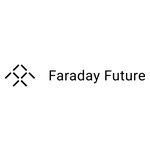
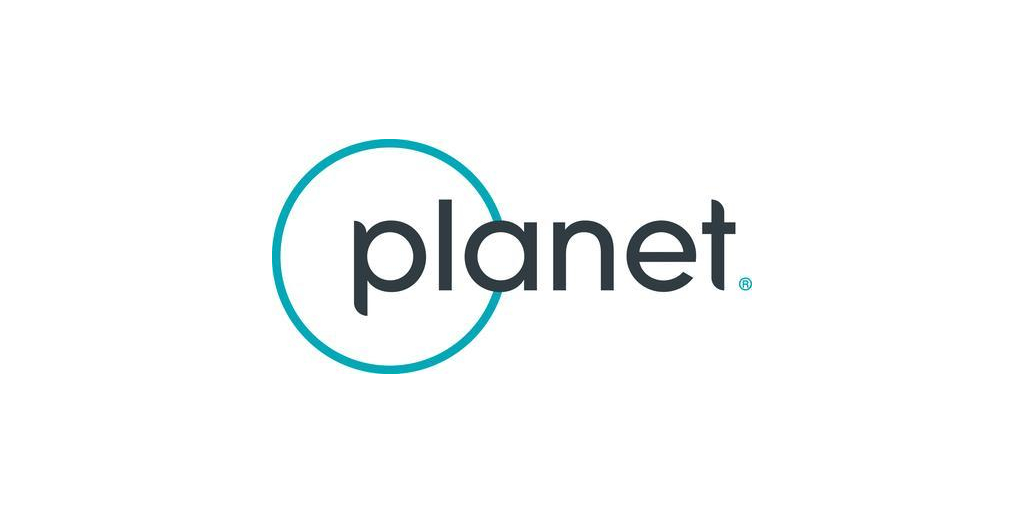





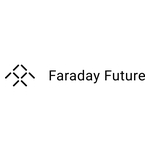
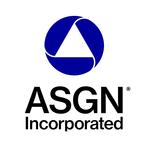

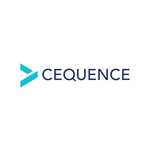
Add Comment